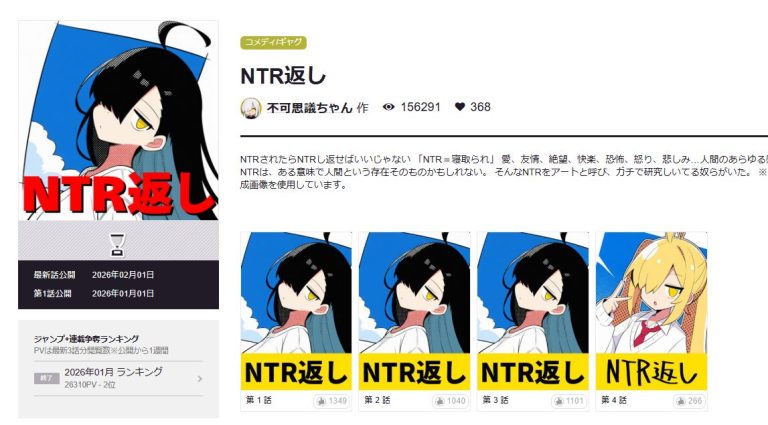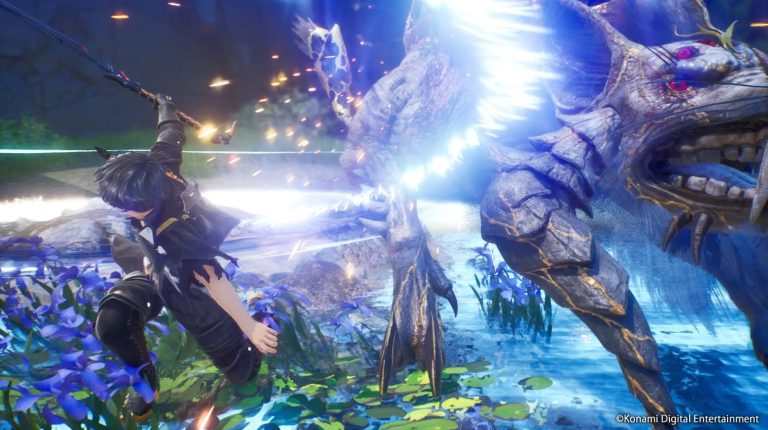A series of tweets by a Japanese manga author on the topic of words they are not allowed to use under their publisher has triggered discussion among users regarding the censorship of words referring to “insanity” in fiction, with many expressing the opinion that the attempts to avoid ableism may be straying into the area of excessive censorship.
Japanese manga author Hekiru Hikawa made a post on their Twitter account listing up words that they are not allowed to use within their current publication. Words including the Japanese kanji “狂” which represents insanity, such as 狂う (go crazy/insane) or 狂気 (madness/insanity), seem to be particularly unwelcome by some publishers. Other words subject to censorship are “saikopasu,” which is a transcription of the English “psychopath” and the derogatory internet slang “menhera” that is derived from the English words “mental health” but refers to a person (especially woman) suffering from mental illness.

The censorship doesn’t seem to be limited to just words either, as the author mentions that scenes that associate mental illness with criminal behavior such as a depiction of a criminal talking to themselves are also not allowed. The author goes on to mention some words that they believe are not rightfully subject to censorship.
I do understand to a certain extent that following these guidelines will help prevent the promotion of prejudice, but there are some aspects to it I can’t wrap my head around. That said, the Japanese language has a very wide range of expressions, so perhaps the next step for creators is to improve their feeling and grasp of the language. I will read this and study.
The Japanese word “戦闘狂” (battle-crazed) refers to a common character trope in anime and manga and describes a character that loves battle and pursues strong opponents in order to hone their fighting skills. The meaning itself does not have connections to mental illness, but the word contains the previously mentioned kanji that refers to insanity, likely making it a grey area for the publishers.
Reactions to the publisher’s restrictions were mixed, as users did note the importance of maintaining the boundary between terms referring to disabilities and slang, but many found the censorship excessive and indiscriminate, erasing too many words without taking wider contexts into account.

Growing sensitivity to those suffering from mental illness and efforts to do away with ableist language and negative stereotypes are a worldwide tendency in recent years, and Japan following suit is undoubtedly a natural and positive development. However, where censorship of media, especially art and fiction is concerned, a nuanced approach seems to be necessary. The ability to not look at just individual words but entire contexts and the intentions behind them is undoubtedly what can prevent situations in which common terms and obvious slurs end up being treated as equally offensive.
The previously quoted author makes a good point in mentioning the responsibility of creators to be in touch with language, as exploring new expressions is equally important as doing away with outdated expressions.





